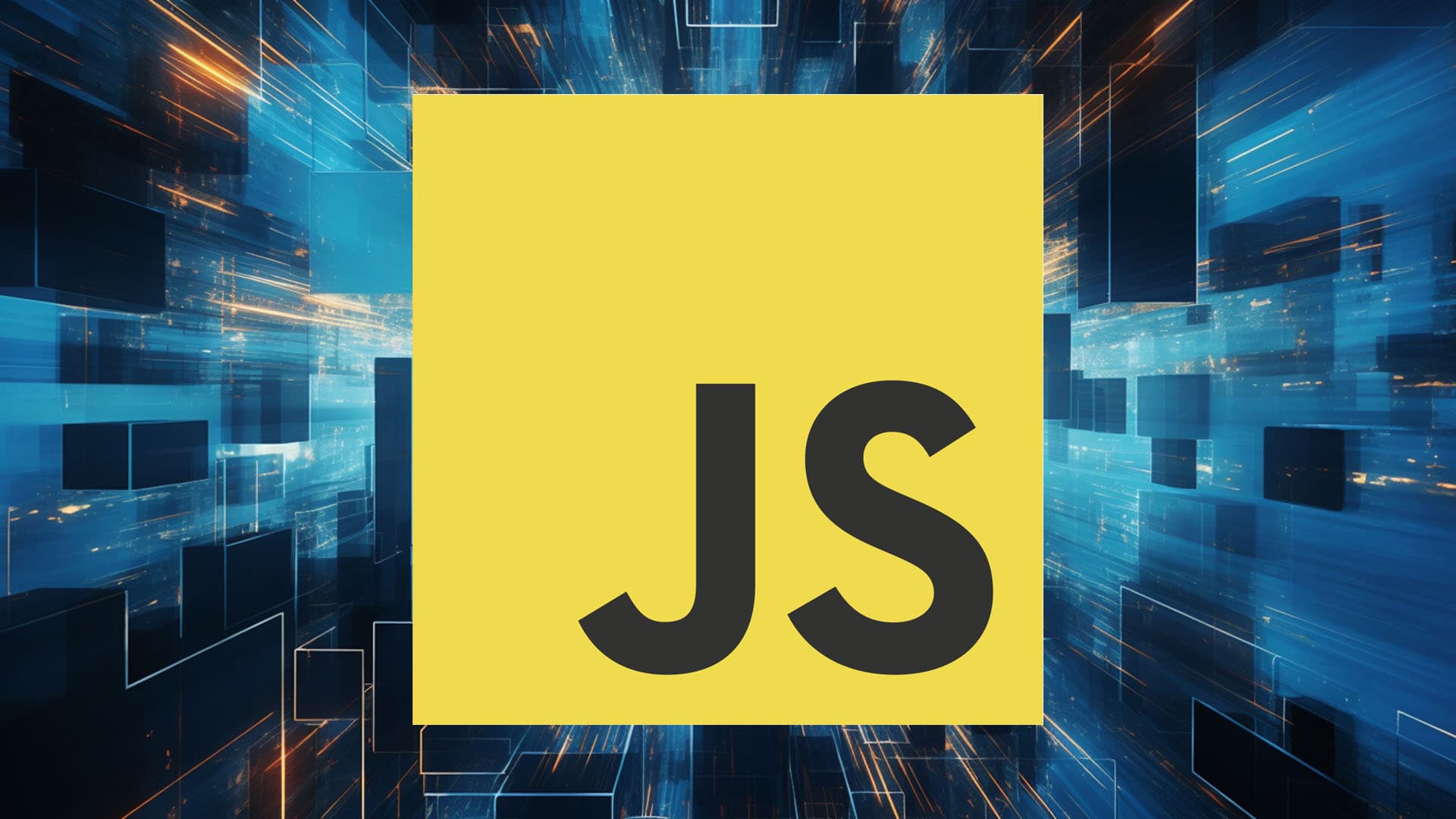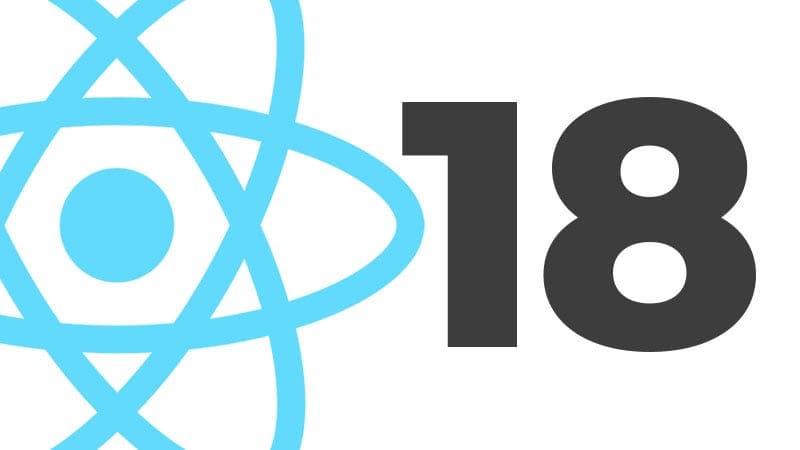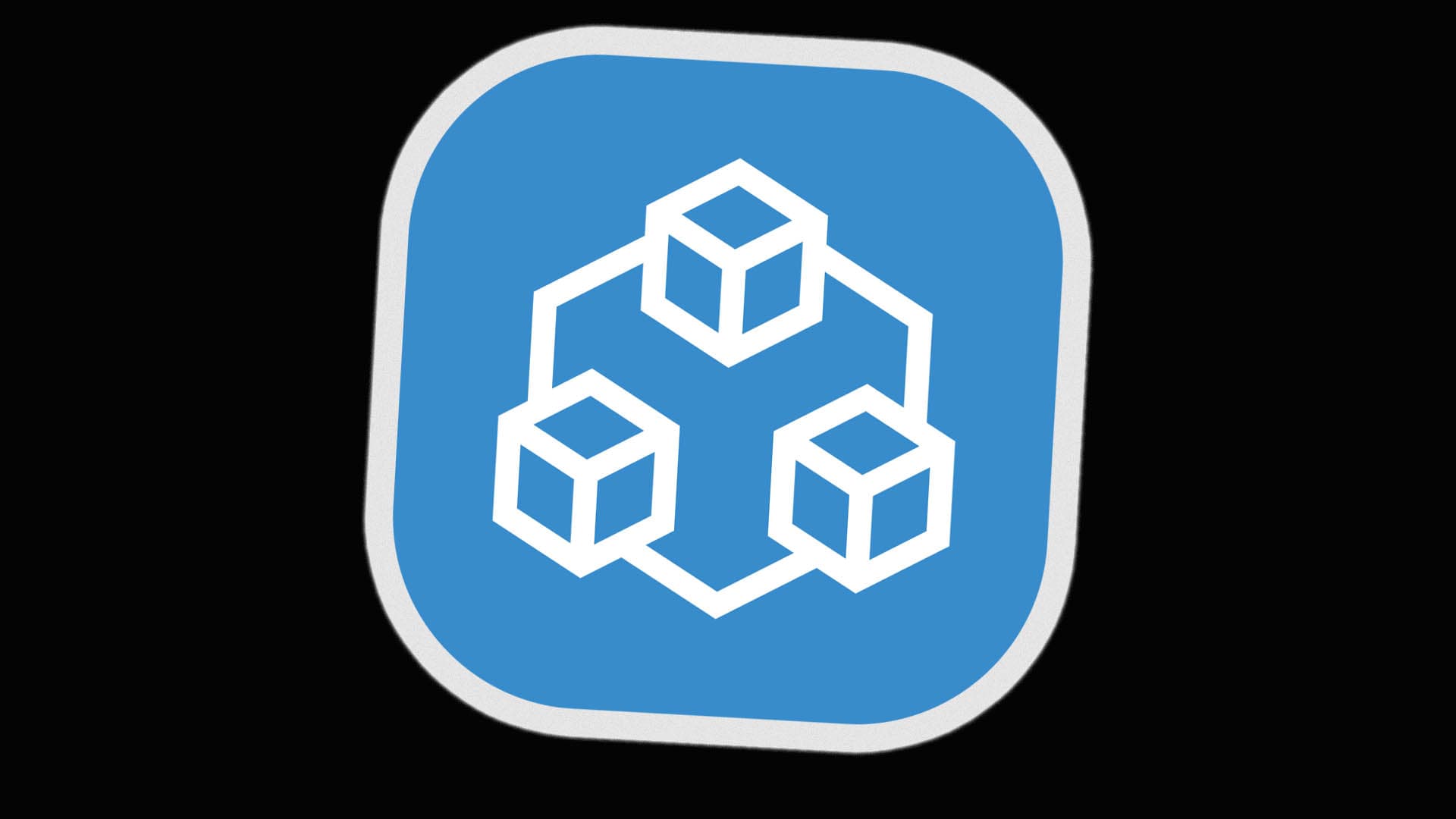Learn JavaScript: Essential Guide for Modern Web Development
What Is JavaScript
JavaScript is a powerful programming language that brings websites to life. I've found it to be an essential tool for creating dynamic, interactive web experiences.
At its core, JavaScript allows me to manipulate web page content in real-time. I can update text, change styles, and respond to user actions without reloading the page.
JavaScript is versatile. I use it for:
- Adding interactivity to web pages
- Building web and mobile applications
- Creating server-side programs
- Developing games
One of JavaScript's strengths is its accessibility. As a beginner-friendly language, it offers a gentle learning curve while still packing powerful features for advanced developers.
I appreciate how JavaScript works alongside HTML and CSS. While HTML structures content and CSS styles it, JavaScript breathes life into web pages through dynamic behaviour.
JavaScript runs directly in web browsers, making it incredibly convenient. I don't need special tools or compilers to get started – just a text editor and browser.
The language's popularity means there's a vast ecosystem of libraries and frameworks. These tools help me build complex applications more efficiently.
I find JavaScript's flexibility both a blessing and a challenge. It allows for creative problem-solving but can lead to inconsistent code if I'm not careful.
Why Learn JavaScript
JavaScript is a powerful programming language that's essential for anyone interested in web development. I've found it to be incredibly versatile and rewarding to learn.
One of the main reasons to learn JavaScript is its ubiquity. It's used on virtually every modern website, making it a crucial skill for web developers. Whether you're building simple interactive elements or complex web applications, JavaScript is indispensable.
JavaScript offers immediate gratification, which I find particularly motivating. With just a few lines of code, you can see visible results on a webpage. This quick feedback loop makes the learning process more engaging and satisfying.
The job market for JavaScript developers is robust. As businesses continue to invest in their online presence, the demand for skilled JavaScript programmers remains high. Learning this language can open up numerous career opportunities in web development.
I appreciate JavaScript's flexibility. It can be used for:
- Front-end development
- Back-end development (with Node.js)
- Mobile app development
- Game development
JavaScript's large and active community is another significant advantage. Whenever I've encountered a problem, I've found plenty of resources and support available online.
Learning JavaScript also provides a solid foundation for tackling other programming languages. Many concepts you'll learn are transferable, making it easier to expand your coding skills in the future.
In my experience, JavaScript is an excellent choice for beginners. Its syntax is relatively straightforward, and you can start creating interactive elements with minimal code.
JavaScript's Key Concepts
JavaScript is a versatile language with numerous important concepts. I'll cover some of the fundamental ones that I find crucial for any developer to grasp.
Variables are the building blocks of JavaScript. They store data and can be declared using let, const, or var. I prefer using let and const for better scoping.
Functions are reusable blocks of code. They can accept parameters and return values. I often use arrow functions for concise syntax.
Objects are collections of key-value pairs. They're essential for organising data and creating complex structures. I frequently use object destructuring to extract values.
Arrays store ordered lists of items. They come with powerful methods like map, filter, and reduce. I find these methods invaluable for data manipulation.
Promises handle asynchronous operations. They represent a value that might not be available immediately. I use them to manage API calls and other time-consuming tasks.
The DOM (Document Object Model) is the interface between JavaScript and HTML/CSS. It allows me to manipulate web page content dynamically.
Event handling is crucial for interactive web applications. I use event listeners to respond to user actions like clicks and key presses.
Closures are functions that remember their lexical scope. They're useful for data privacy and creating function factories.
I hope this overview gives you a solid starting point for understanding JavaScript's key concepts.
How To Learn JavaScript
Learning JavaScript can be an exciting journey. I've found that starting with the basics is crucial. First, I recommend getting familiar with a good code editor to write and run JavaScript.
Next, I dive into tutorials that cover fundamental concepts. These help me grasp variables, data types, and control structures. I always make sure to type out the code examples myself, as it helps reinforce my learning.
Practice is key. I create small projects and solve coding challenges regularly. This hands-on approach solidifies my understanding and builds my confidence as a programmer.
I've discovered that interactive learning platforms can be incredibly helpful. They offer immediate feedback and guide me through progressively complex topics.
Reading and understanding others' source code is another valuable skill I've developed. It exposes me to different coding styles and problem-solving approaches.
To track my progress, I set small, achievable goals. Celebrating each milestone, even something as simple as writing my first "Hello, World!" programme, keeps me motivated.
Lastly, I join coding communities and forums. Discussing concepts with fellow learners and experienced programmers broadens my perspective and helps me overcome challenges.
Best JavaScript Resources
I've discovered several excellent resources for learning JavaScript that cater to various skill levels. FreeCodeCamp offers a comprehensive curriculum covering everything from basics to advanced topics. Their interactive lessons are particularly helpful for hands-on learning.
For those who prefer a more structured approach, Codecademy's JavaScript track provides guided tutorials with immediate feedback. I find their step-by-step method quite effective for grasping fundamental concepts.
When it comes to modern JavaScript and ES6 features, I often turn to Scotch.io. Their blog posts and tutorials are up-to-date and cover cutting-edge techniques.
For practising with real-world projects, Exercism.org offers a fantastic platform. They provide coding challenges that mimic actual development scenarios, helping solidify theoretical knowledge.
Node.js enthusiasts will appreciate the official Node.js documentation. It's a treasure trove of information for server-side JavaScript development.
Key JavaScript resources I recommend:
- MDN Web Docs for comprehensive references
- JavaScript.info for in-depth explanations
- YouTube channels like Traversy Media for video tutorials
- GitHub repositories with open-source projects for practical examples
Remember, the best way to learn is by coding. I suggest combining these resources with plenty of hands-on practice to truly master JavaScript.
Frequently Asked Questions
JavaScript learners often grapple with questions about resources, study methods, and time investment. Understanding these common queries can help streamline the learning process and set realistic expectations.
What are the best resources for learning JavaScript as a beginner?
As a beginner, I've found that a mix of online tutorials, interactive coding platforms, and comprehensive books works best. FreeCodeCamp offers excellent JavaScript courses that cover the basics and advanced topics. I also recommend "Eloquent JavaScript" by Marijn Haverbeke for a deep dive into the language's intricacies.
For hands-on practice, websites like Codecademy and JavaScript30 provide interactive exercises and projects.
Can one become proficient in JavaScript through self-study, and if so, what approach is recommended?
Yes, self-study can lead to JavaScript proficiency. I've seen many successful self-taught developers. The key is consistency and practice. Start with the fundamentals, then build small projects to apply what you've learned.
Join online communities like Stack Overflow or Reddit's r/learnjavascript to ask questions and get feedback. Regular coding challenges on platforms like LeetCode or HackerRank can sharpen your skills.
How much time should I realistically allocate to become competent in JavaScript coding?
The time needed varies based on your background and dedication. In my experience, with consistent daily practice of 2-3 hours, you can gain basic competency in 3-6 months.
To reach advanced levels, expect to invest at least a year of regular study and practice. Remember, learning is ongoing in programming, so continual improvement is part of the journey.
What are the comparative difficulties of learning Python versus JavaScript for a newcomer to programming?
Both languages have their strengths for beginners. Python's syntax is often considered more readable, making it easier to grasp initially. JavaScript, being the language of the web, offers immediate visual feedback when working with browsers.
I find JavaScript slightly more complex due to its quirks and advanced concepts like asynchronous programming. However, its versatility in web development can be motivating for newcomers.
What online platforms offer comprehensive and effective tutorials for mastering JavaScript?
I've had great experiences with platforms like Udemy, Coursera, and edX for structured JavaScript courses. Codecademy provides interactive lessons that are particularly effective for beginners.
For more advanced topics, platforms like Frontend Masters and Egghead.io offer in-depth video tutorials from industry experts.
In what ways can interactive learning platforms like freeCodeCamp contribute to JavaScript proficiency?
Interactive platforms like freeCodeCamp are invaluable for hands-on learning. They offer a structured curriculum that builds skills progressively. I appreciate how they combine theory with immediate practice.
These platforms often include projects that mimic real-world scenarios, helping bridge the gap between learning and applying JavaScript in professional settings. The instant feedback on coding challenges aids in rapid improvement and confidence-building.


